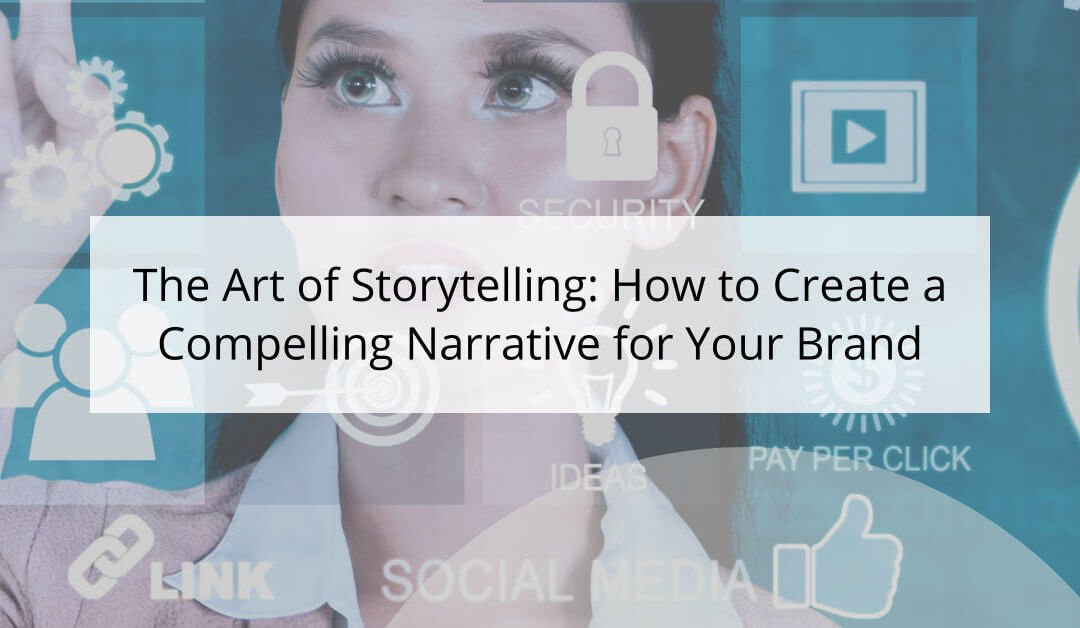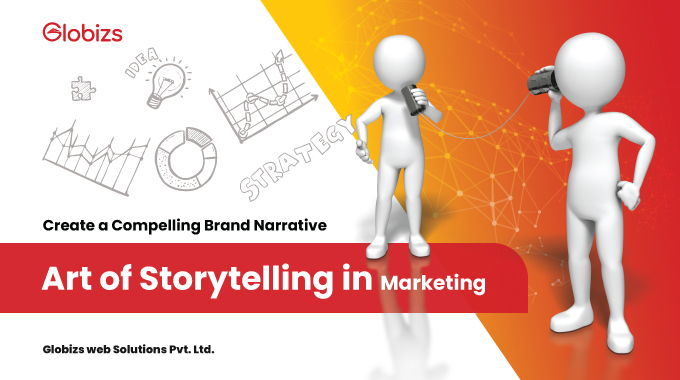Crafting a Compelling Narrative: Highlighting the Heart of Your Product or Service

As an architect and interior design expert, I’ve spent countless hours meticulously crafting spaces that resonate with the desires and needs of my clients. The process of understanding those desires and needs is fundamental to creating something truly impactful. This is the same principle that applies to selling your product or service. You need to understand your ideal customer and what truly matters to them. Only then can you craft a compelling narrative that resonates and drives action.
Let’s break down the process of identifying key features and benefits, starting with understanding your ideal customer:

1. Define Your Ideal Customer:
- Who are they? What are their demographics (age, location, income, education)? What are their hobbies and interests? What are their pain points and aspirations?
- What are their needs? What problems are they trying to solve? What are their priorities? What are their values?
- Where do they hang out online and offline? This will help you tailor your marketing efforts.


2. Identify Your Product’s Core Features:
- What makes your product or service unique? What sets it apart from the competition?
- What are the key functionalities? What does it do? How does it work?
- What are the technical specifications? This might be relevant for certain products, but avoid overwhelming your audience with technical jargon.



3. Translate Features into Benefits:

This is where the magic happens. Features are the "what," but benefits are the "why." You need to connect the dots for your customer, showing them how your product or service will improve their lives.
- How does each feature solve a problem or fulfill a need for your ideal customer? Be specific and provide concrete examples.
- What are the tangible outcomes of using your product or service? Will it save them time, money, or effort? Will it improve their health, productivity, or happiness?
- What are the emotional benefits? Will it make them feel more confident, successful, or connected?

4. Crafting a Compelling Narrative:
- Focus on the "why" not just the "what." People buy based on emotion, not logic.
- Tell stories that resonate with your ideal customer. Use relatable scenarios and real-life examples.
- Use powerful language that evokes emotion. Words like "transformative," "empowering," and "unforgettable" can create a lasting impression.
- Highlight social proof. Testimonials, reviews, and case studies can build trust and credibility.



Examples of Feature-Benefit Pairing:
Let’s imagine you’re selling a line of handcrafted furniture inspired by Craftsman homes:
Feature: Solid wood construction
Benefit: Durability and longevity: This furniture will last for generations, becoming a treasured heirloom.
Feature: Hand-applied finishes
Benefit: Unique character and beauty: Each piece is a work of art, reflecting the skill and artistry of the craftsman.
Feature: Sustainable materials
Benefit: Environmental responsibility: You’re making a conscious choice to support sustainable practices and reduce your environmental impact.
Feature: Ergonomic design
Benefit: Comfort and functionality: These pieces are designed for both beauty and practicality, offering maximum comfort and functionality for everyday use.
Feature: Customizable options
Benefit: Personalized style: You can create furniture that perfectly reflects your unique taste and preferences, making your home truly your own.
Beyond the Product:
- Build a strong brand identity. This includes your logo, colors, fonts, and overall aesthetic.
- Develop a clear value proposition. This is a concise statement that outlines what makes your product or service unique and valuable.
- Create engaging content. This could include blog posts, social media posts, videos, or infographics.
- Build relationships with your customers. Provide excellent customer service and engage with them on social media.
Remember, the key to success is to understand your ideal customer and craft a compelling narrative that resonates with their needs and desires. By focusing on the benefits of your product or service, you can create a powerful connection that drives sales and builds lasting customer relationships.

